Zero percent interest on your credit card?
Or cashback on everything you spend with a credit card?
Which is better?
I know which I’d prefer.
I’d prefer to receive 1% cashback on everything I spend – rather than accumulate debt on a credit card which I’ll have to pay off eventually or get charged a huge interest rate.
Now I can hear those financially savvy people shouting at me…
Yes, but we can get some interest on our savings at the bank while we’re enjoying the 0% on the credit card.
I’ll give you that.
But how many savings accounts are paying a decent interest rate on instant access savings, nowadays?
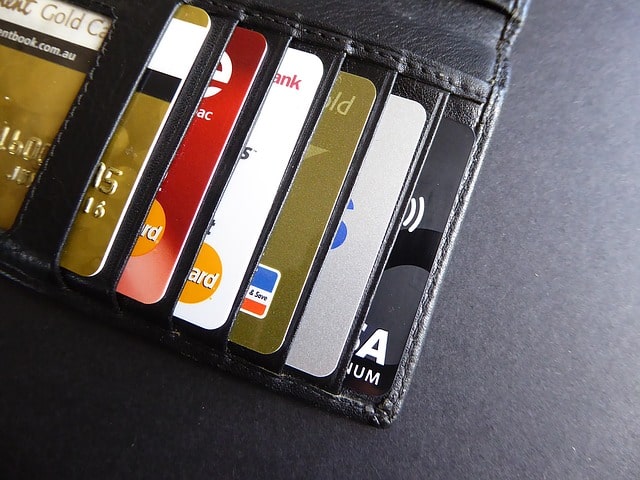
Large Debt?
Perhaps you have a large debt, and you need to keep moving it from one credit card to another.
In that case, maybe you’ve decided that a 0% card can work for you while you work on reducing your debt.
After all, it’s important to keep interest rates as low as possible.
0% credit cards vs cash back
But if you’ve no debt and you simply want to make your money go further…
Which sort of card is better?
Well, you already know my preference.
Here it is again in 3 steps:
- Use a cashback card
- Only spend what you can afford
- Pay off the balance each month, in full
And then the credit card company gives you a nice 1% cash gift.
How the Cashback Credit Card works
Let’s put a few figures into this.
Picture the scenario:
Throughout July, you spend £500 on your credit card
When you receive your monthly statement, you pay the £500 to the credit card company.
Of course, you have that money available because you haven’t spent more than you can afford.
Then the credit card company gives you £5 cashback.
So effectively it’s cost you only £495 for £500 worth of goods.
Happy days!
The Zero Percent Card
Here’s another scenario:
In August you spend £500 onto an interest-free card.
In your bank savings account, your money is growing by 0.25% (don’t laugh, that’s a typical interest rate nowadays unless you’re continually shopping around).
At the end of August, your £500 is still on the card.
Bank interest on £500 calculates to £1.25.
But remember… that’s the annual interest!
So when your bank has held your £500 for a full year, they’ll pay you £1.25.
Hardly seems fair, does it?
But that’s why banks get rich.
Meanwhile, you decide to keep that £500 on your card, and it joins the £1500 which is already there (because you’ve already been using that card for 3 months).
Now you have £2000 of debt.
And the period of free credit is ticking away.
Soon you’ll have to pay a high price when the normal interest rate kicks in.
No Brainer
So you can see why I reckon the cashback credit card is a no-brainer!
- You get free money
- It helps with financial discipline
- It motivates you to avoid accumulating debt
An even better idea
Here’s an even better idea.
Why not get rid of your credit cards – and use that old-fashioned method called cash instead.
Research has shown that by using cash instead of a card, we spend much less.
One poor chap had his credit card stolen. Over the 2 weeks he lived on cash, he spent 18% less.
That’s even better than the cashback!
So what about you?
Has that been helpful? Do you have any credit cards tips to share?
Share them in the comments box below, and let’s keep the conversation going.
LOOK AFTER YOUR CREDIT CARDS
References
.



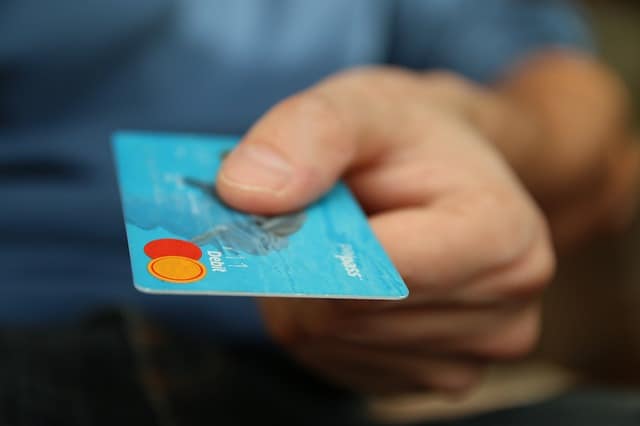
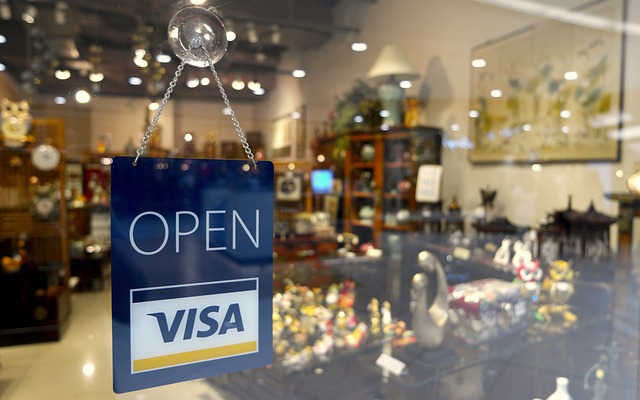
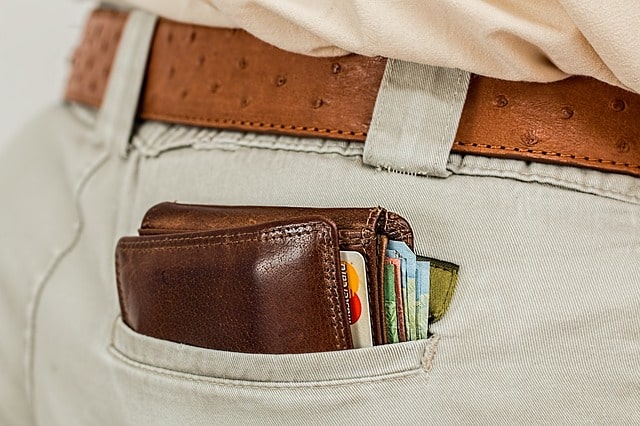
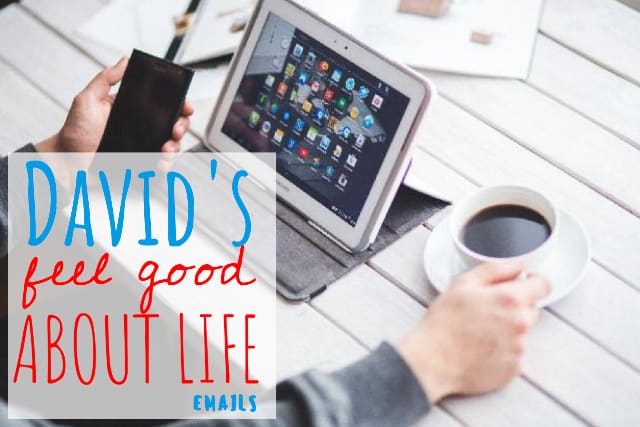

There are also cashback cards that pay 5% for a limited period. Worth having if you know you are planning to make a large purchase.
Thanks, Peter. What a great idea!
May even be worth paying for a holiday with one of those, and gladly sacrificing the travel company’s 3% credit-card surcharge.